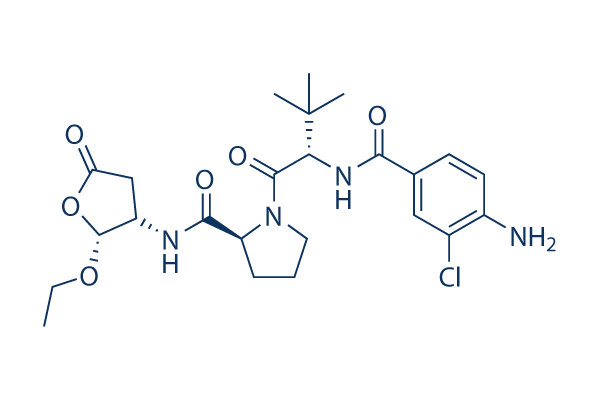Background Hepatocellular carcinoma becomes the fifth most regular cancer and also the third most common lead to of cancer connected mortality on this planet, preceded only by lung cancer and stomach cancer. Asian countries account for practically 78% on the approximately 600,000 cases of HCC reported globally every single yr. Despite the fact that the prognosis of patients with HCC has marginally improved, a historical five 12 months survival charge globally is still less than 5%, mainly simply because of a substantial potential for vascular invasion, metastasis, and recurrence even soon after surgical resection. Various approaches are actually developed, curative effect is far from ideal due to the hugely chemoresistant nature of the tumor plus the toxicity of chemotherapeutic agents. As a result, efforts are urgently necessary to explore far more successful therapeutic agents for treating HCC. There is a developing curiosity in dietary substances obtained from all-natural goods because of their minimum toxicity.
Emphasis continues to be positioned on triterpenes, as a consequence of their wide spectrum of biological pursuits. They could selectively or preferentially get rid of cancer cells by inhibiting cell cycle progression and by resulting in apoptosis. One this kind of triterpene which has gained wide attention is lupeol. Comprehensive analysis in excess of the last 3 decades has unveiled several important Sorafenib VEGFR inhibitor pharmacological activities of lupeol below in vitro and in vivo ailments, together with anti inflammation, anti arthritis, anti diabetes, anti heart illnesses, anti renal toxicity, anti hepatic toxicity and anti cancer. Lupeol has been reported not merely to induce differentiation and inhibit the development of melanoma and leukemia cells, but additionally to inhibit tumor promotion in two stage mouse skin carcinogenesis by modulating NF ?B and PI3 kinase /Akt pathways, and to inhibit development and induce apoptosis in the two prostate and pancreatic cancers.
Current research have also proven that lupeol induced apoptosis of HCC cells SMMC7721 by down regulating death receptor three, as well as had in vivo and in vitro therapeutic impact for HCC by targeting liver tumor initiating cells by means of modulating PTEN Akt ABCG2 pathway. Our former function also proved anti HCC efficacy of lupeol along with a selelck kinase inhibitor com bined impact with rTRAIL in inducing chemo sensitization of HCC. Meanwhile, lupeol exhibited quite lower toxicity. Lupeol administered orally inside a dose of two g/kg body weight has become reported to produce no adverse effects in rats and mice. Having said that, the toxicity has not been examined in human. Alternatively, our past success showed that lupeol could also minimize the cell viability on the typical human liver cells with an IC50 of 90 umol/L, suggesting that lupeol could exert toxic effect  on standard cells. Lupeol concentrations of less than 30 umol/L tend not to impact the standard liver cell viability.
on standard cells. Lupeol concentrations of less than 30 umol/L tend not to impact the standard liver cell viability.
Jakenzyme
Biological groups is various
